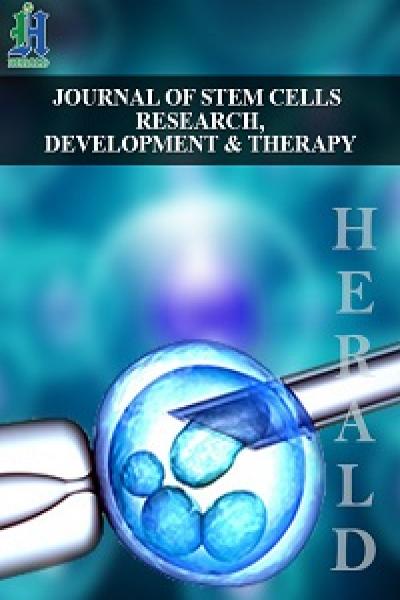
Induced Pluripotent Stem Cells (iPSCs)
Induced pluripotent stem cells (iPSCs) are adult somatic cells reprogrammed into an embryonic-like pluripotent state, capable of differentiating into any cell type. First introduced in 2006, iPSCs have transformed regenerative medicine by offering an ethically acceptable alternative to embryonic stem cells. Generated by introducing key transcription factors, such as Oct4, Sox2, Klf4, and c-Myc, iPSCs allow patient-specific disease modeling, drug screening, and development of personalized therapies, minimizing immune rejection risks.
They are widely used to model genetic and neurodegenerative disorders, test drug efficacy, and explore potential treatments for conditions like diabetes, Parkinson’s disease, and heart failure. Despite their versatility, challenges such as genomic instability, low reprogramming efficiency, and risks of tumorigenicity must be addressed before routine clinical use. Advances in non-integrative reprogramming techniques and improved differentiation protocols are enhancing safety and translational potential. Overall, iPSCs represent a powerful tool for understanding disease mechanisms and accelerating the development of personalized regenerative treatments.

